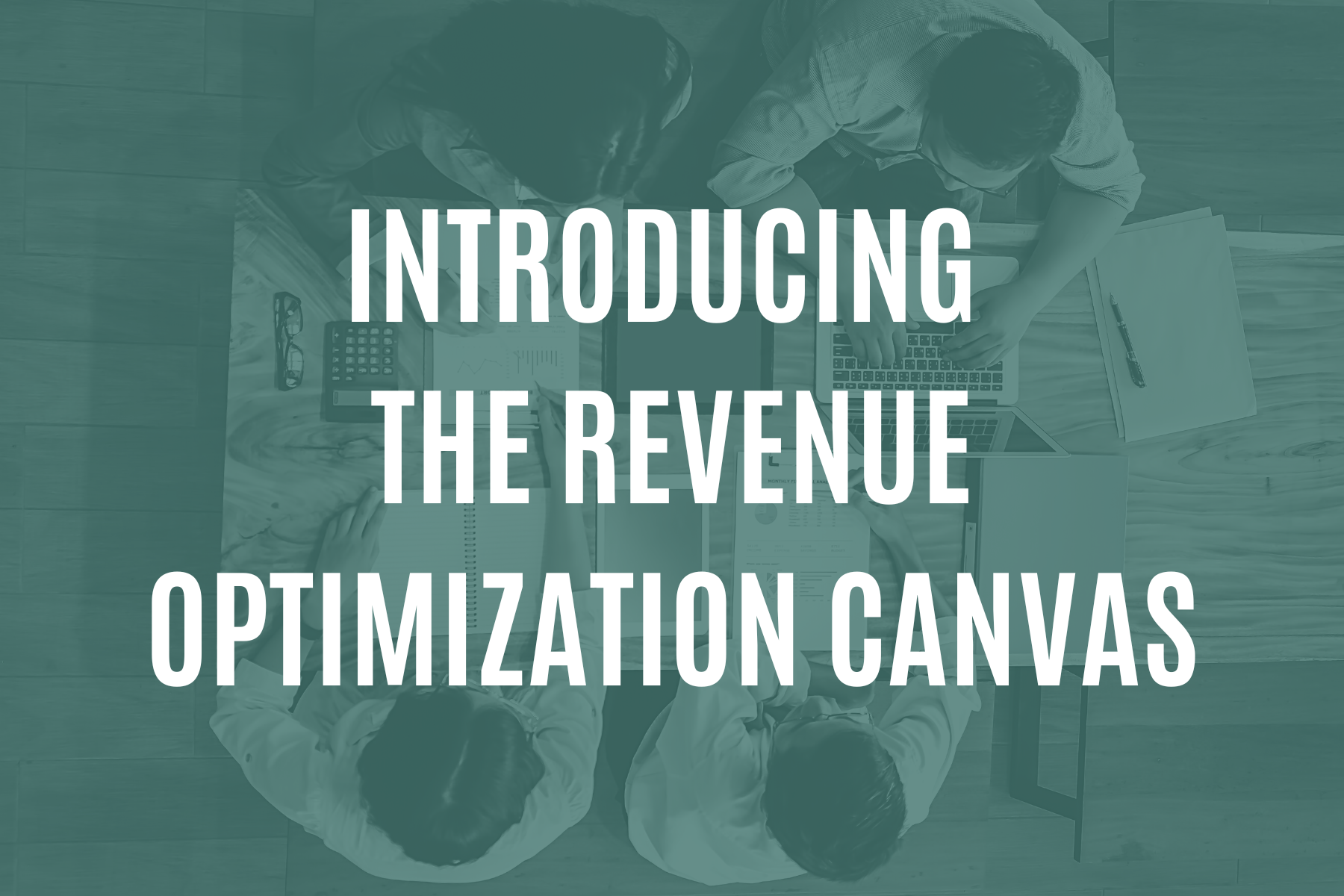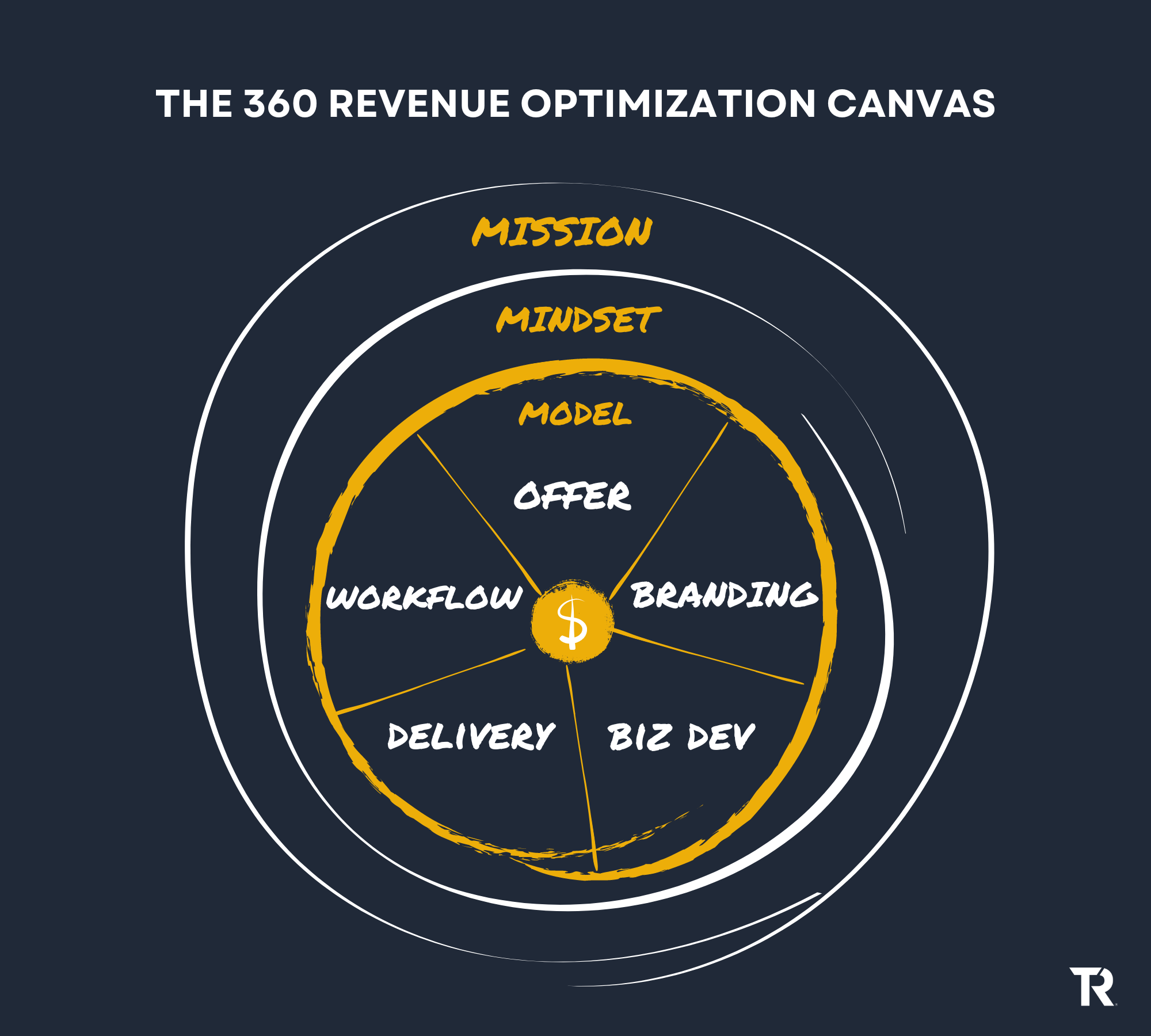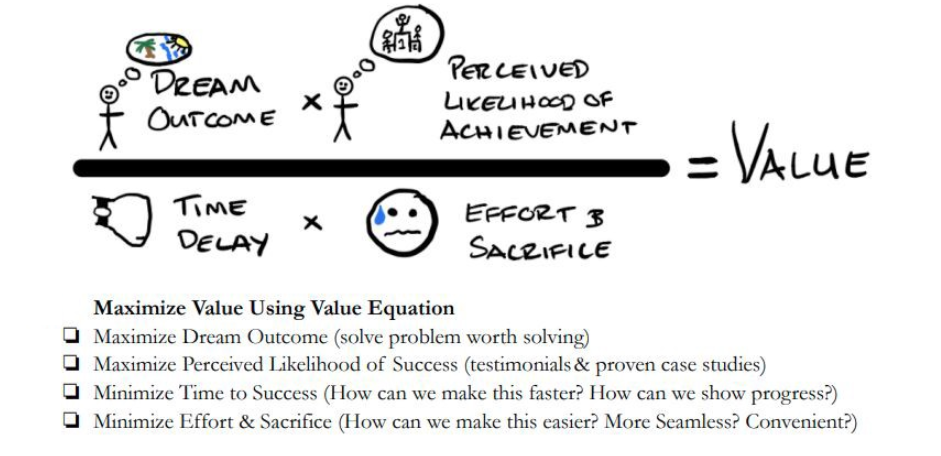Want to receive The Solopreneur’s Shortcut every week? Subscribe here. We’ll send one thought, one tactic, and one time saver straight to your inbox. No fluff, just proven techniques for growing your business.

I was recently speaking with a new client and they were concerned about their lack of revenue growth.
So I asked them a simple but revealing question;
“What are you currently doing to generate leads?”
And they listed a lot of familiar activities.
- Posting on LinkedIn
- Making videos on Instagram
- Writing blogs for their website
I then asked another simple question;
“When was the last time you reached out to someone and pitched your services?”
They couldn’t remember.
What followed was a deep dive into their current business model that revealed a few small, but correctable mistakes that were having a negative impact on revenue.
By the end of the engagement they were able to consistently generate leads and I knew I was on to something that would help other entrepreneurs who felt stuck or stagnant.
I call it the 360 Revenue Optimization Canvas, a visual and tactical model to help you identify and remove revenue roadblocks.
And that’s exactly what we’re going to walk through today. Specifically, your business model.
But as a heads up, there are five different sections of your business model and this email would run incredibly long if I covered each part in depth.
So, in the interest of time, I’ll provide links to supporting materials that will help you implement the action items referenced after each section.
You may not need to implement all these actions, but reviewing all of them will ensure that you address any critical flaws in your business model.
Let’s get started.

Part 1: Optimizing Your Offer
We chatted about this a few issues ago, Crafting Your Perfect Offer, but I’ll go over it at a high level now.
To optimize revenue, start by ensuring you have a strong offer for your audience. What are you literally providing them in exchange for their money?
This includes identifying their desired outcome, maximizing their perceived likelihood of achievement, minimizing time to success, and decreasing effort and sacrifice.

Many entrepreneurs fail to check all these boxes, which limits their earning potential.
Here’s a quick example of how you can apply this to your offer. And in this case let’s say you offer corporate training.
If you wanted to help your clients make progress faster (minimizing time to success) you could provide them with pre-recorded training that allows them to make progress towards their goal as soon as they sign a contract.
This would also increase the impact of live training since they already have a baseline knowledge of the content you’ll cover.
Adjusting your offer in these ways can be the key to unlocking revenue.
Next step:
Evaluate or update your service offer to make sure it includes the four critical aspects mentioned above. I discuss how to do so in detail on my podcast during Episode 22: Alex Hormozi’s Blueprint for Entrepreneurial Success: The Irresistible Offer.
Part 2: Personal Branding
The next step is your personal branding. And I’ve noticed most people already spend way too much time here so we’re going to keep this short.
But if you’d like more detailed guidance be sure to check out Episode 6 of my podcast, Shanee Moret explains How to Build and Monetize Your Personal Brand.
As an entrepreneur, your personal brand is often the only unique differentiator for your business. So, how do you build that? By sharing content that demonstrates your expertise, worldview and personality.
One easy way to get started is to think of 10 topics your audience would like to learn more about, then – based on these topics – create content that educates, entertains, and engages them.
You can build your personal brand by posting on social media, speaking on stages and podcasts and you can also write blogs or articles.
So if you’re not doing any of these things, that’s another reason why you aren’t growing as much as you could.
Next step:
Audit the quantity and consistency of your social media posting. Aim to post at least three times per week going forward.
Part 3: Business Development
On to the next part, and this may be the most critical for you, business development. And by that I mean actively pursuing relationships and partnerships that can grow your business.
This is different from personal branding which is a passive way to attract these opportunities.
If you need more leads today, you can’t afford to be passive. You need to boldly and proactively pitch business to your prospects.
Here’s a quick three step process to get you started.
- Teach your audience about a relevant topic in a social media post. Focus on solving a problem they have or debunking myths
- Identify people who have engaged with your post and are in your target audience
- Message them and ask if they have any questions about how to apply the guidance you shared
There are obviously more sophisticated approaches, but this is a great starting point. And, I covered my favorite approach to pitching during Episode 22: The Easiest Way to Get Leads for Your Business.
Next step:
If you aren’t already doing so, pitch 10 prospects per week for the next 30 days. Then, evaluate the results, make any necessary adjustments, and continue pitching 10 prospects per week going forward.
And if you’re not comfortable with sales in general listen to Episode 6: Brian Cristiano Shares Sales Tips for Introverts and How to Avoid Getting Ghosted.
Part 4: Service Delivery
Good service delivery is crucial for growing your business through referrals and testimonials, as well as maintaining a good reputation.
The onboarding process is a key part of service delivery since it sets the tone for the rest of the engagement. This includes sending a welcome email that outlines next steps and access to resources your client will need.
Detailed project management is the key to staying on track and maintaining consistent communication. Consider using tools like Notion, Trello or Google Drive to keep track of milestones and tasks.
Once you deliver on your promises, it’s time to ask your clients to spread the word on your behalf. And, I know this may feel uncomfortable so here’s some information that may help.
According to a marketing survey conducted by Texas Tech, 83% of satisfied customers are willing to refer products and services. But, only 29% actually do.
Wanna take a guess on why they don’t? Another study by Heinz Marketing found that only 30% of companies surveyed have a formalized referral program.
So what does this mean to you?
If you want to grow quicker, and make more money, ask for referrals and testimonials.
Next step:
Update or develop your onboarding and project management process as needed. And, if you already have existing clients, ask at least one of them for a testimonial. Going forward, ask for a referral and testimonial after each successful engagement.
Part 5: Workflow Optimization
The last part of your model that needs to be addressed is workflow optimization, the process of increasing efficiency, avoiding burnout so you can hit your revenue goals.
As you may have guessed, it all starts with your goals. I shared my preferred process during Episode 15: How To Set and Achieve Your Goals Without Burning Out. But for now let’s just say that you need to have a goal, usually on a quarterly level.
Then, identify all the actions that must be completed in order to achieve that goal. This will give you focus and help you avoid distractions. Anytime you come across an opportunity that doesn’t directly align with the goals you’ve set, keep it moving.
These quarterly goals also give you more structure on a weekly basis. I suggest creating three big goals for the week and blocking off time to complete them.
Every day you’ll be able to review your list, make progress and avoid scratching your head wondering where all the time went.
To avoid burnout, do a weekly review in which you determine if any of your tasks can be automated, delegated or eliminated.
Remember you want to spend as much time as possible in your zone of genius, focusing on the critical activities that you’re uniquely suited for.
Next step:
Update or develop your 90 day goals as needed. Then, get in the habit of making weekly goals so you can consistently make progress on a daily basis.
Lastly, identify at least one time-consuming task that can be automated, delegated or eliminated. Keep an eye out for more going forward.
So we covered a LOT today. And I know you’re going to need to block off time to implement what you’ve learned. Don’t rush! Stopping to address any critical flaws is the key to unlocking your revenue and scaling faster.
Now is the time to work ON your business so the time working IN your business will be easier and more rewarding. And if you need help with this, consider booking a VIP day with me.
That’s it for today.
I hope you found this valuable (please let me know) and if you did please consider sharing it with a friend. They can sign up here.
Have a great weekend!
Whenever you’re ready, there are 3 ways I can help you:
1. Learn how to start a professional service business using the skills you already have (Available now)
2. Get quick answers to your most pressing questions (Booked out 1 week)
3. Work with me 1:1 to build your revenue and personal brand (Booked out 4 weeks)

